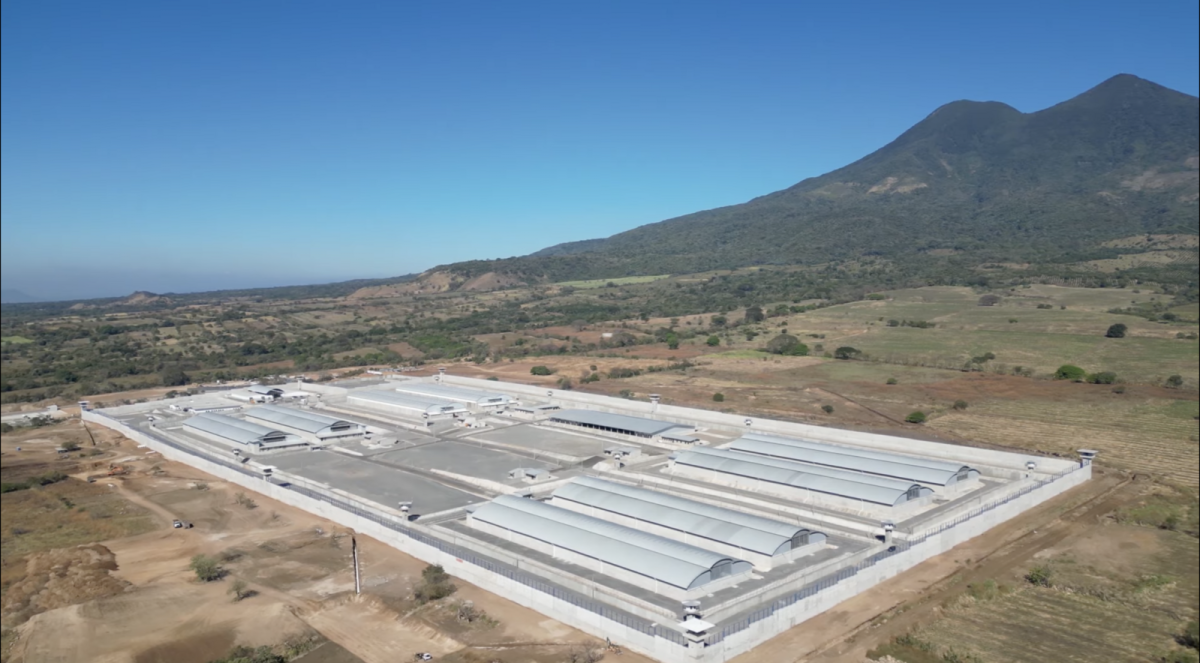The production of meat in America has become a growing concern due to significant environmental, ethical, and health concerns. Consumer culture and industrialization contribute to many negative environmental impacts. However, one way to change this is engineering plant based foods. Plant based alternatives offer a more environmentally sustainable choice compared to the average meat product. The engineering of more plant based options uses less land than most animal products, along with less energy, and, potentially most importantly, less water. When talking about meat production, the land is used for the animals to live, along with the food they eat to be produced, which leads to lots of wasted crops. Therefore, farming for just human consumption will be better for the environment as it won’t waste as much crops. The United States could turn some of the land used for the production of meat into land dedicated to more sustainable plants, such as soy, oats, barley, wheat, beans, chickpeas, and lentils . This means that when producing the plant alternatives, even with more processing, it is saving the land. It has also been shown that the production of alternatives to meat have less greenhouse gas emissions, because of the methane and carbon dioxide production from livestock.
While prioritizing environmentally sustainable choices in our diets is becoming more important, it’s essential to acknowledge the potential barriers, such as affordability – particularly with certain specialty items like Beyond Meat. While these products offer great meat alternatives, their higher price point can deter some consumers. The variations in cost comes from factors such as production scale and market demand, as plant-based meat substitutes represent a smaller section in the food industry. However, there are other alternatives that are readily available and more affordable that offer similar nutritional benefits. Beans, lentils, and tofu stand out as well known examples. These protein-rich staples not only provide essential nutrients but also come at a fraction of the cost of almost all meats. Furthermore, they offer versatility in cooking, allowing for a diverse range of flavorful and satisfying meals.
Take, for instance, Indian cuisine, known for its flavors and array of plant-based dishes, from hearty lentil dals to savory bean curries. Indian cooking showcases the art of utilizing affordable, accessible ingredients to create hearty and delicious meals. Embracing such culinary traditions not only promotes sustainability but also highlights the flavors and textures that plant-based proteins have to offer.
While Beyond Meat and similar products have their place in the market, and are a great resource it’s important to recognize the accessibility and affordability of simpler, whole-food options. By embracing ingredients like beans, lentils, and tofu, people can not only make more budget-conscious choices but also open themselves up to a world of creativity and new ideas.






!["This is [Not] Who We Are" movie poster.](https://chswarriorscroll.com/wp-content/uploads/2025/04/Screenshot-2025-04-13-at-9.34.19 PM-1200x678.png)



